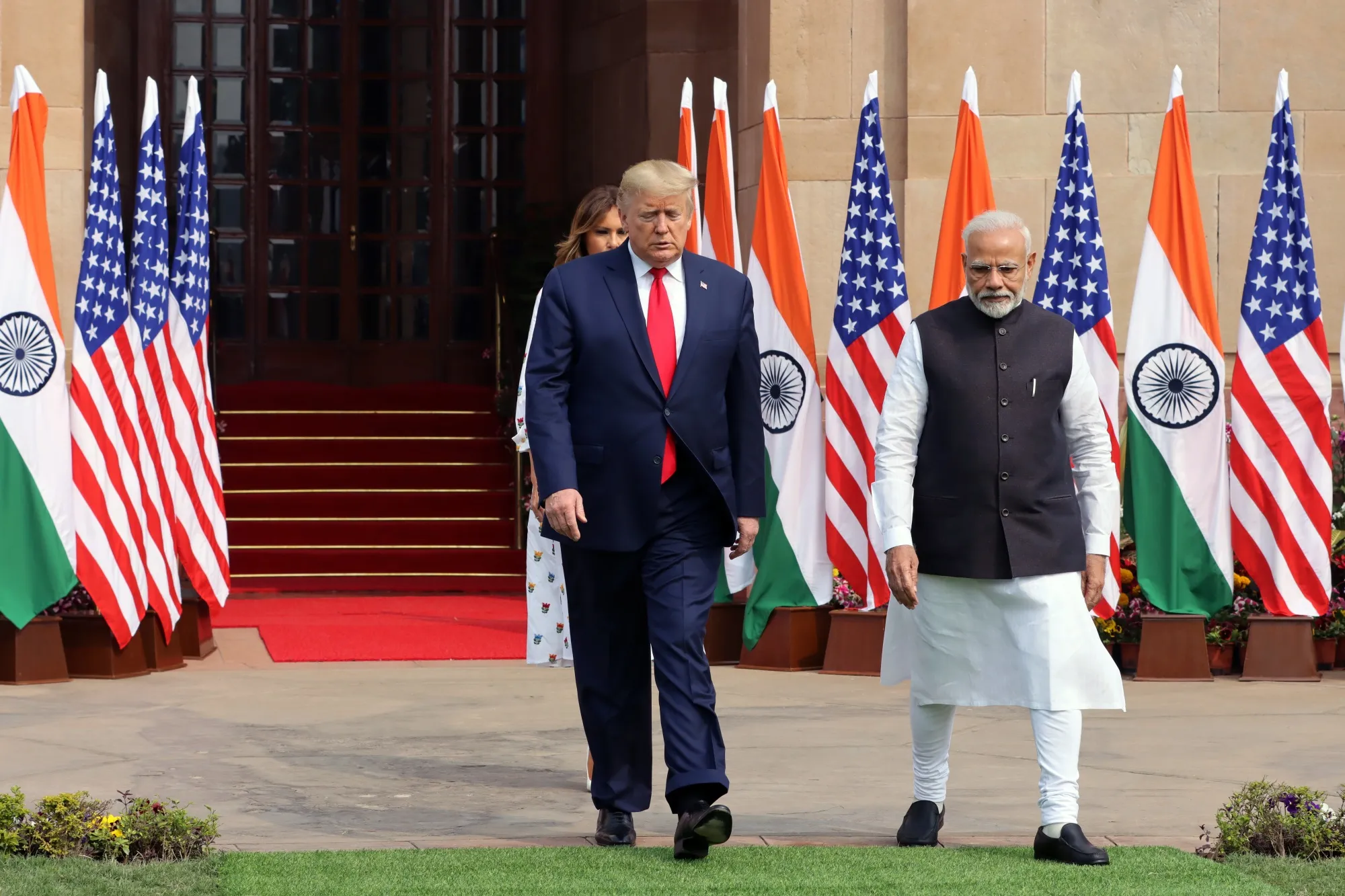New Tariffs Imposed by President Donald Trump Lead to Global Stock Decline, but Indian Stock Market Remains in Better Position
The Indian stock market has performed better compared to its Asian counterparts, although both the Sensex and Nifty have still dropped by 4%. Around 12:40 PM, the 30-stock BSE Sensex had fallen by 4.3% or 3,230.13 points to 72,134.56,
New Tariffs Imposed by President Donald Trump Lead to Global Stock Decline, but Indian Stock Market Remains in Better Position
New Tariffs Imposed by President Donald Trump Lead to Global Stock Decline, but Indian Stock Market Remains in Better Position
Delhi, April 7: The Indian stock market has performed better compared to its Asian counterparts, although both the Sensex and Nifty have still dropped by 4%. Around 12:40 PM, the 30-stock BSE Sensex had fallen by 4.3% or 3,230.13 points to 72,134.56, slightly better than its opening value of 71,449.94. Similarly, the broader Nifty 50 index dropped by 4.52% or 1,034.35 points, reaching 21,870.10, compared to its opening value of 21,758.40.
Among the top losers on the Sensex were Tata Steel, Tata Motors, Larsen & Toubro, HCL Technologies, and Kotak Mahindra Bank. The top five losers on the Nifty 50 index were Trent, Tata Steel, JSW Steel, Shriram Finance, and Tata Motors.
Despite a significant decline in the Indian stock market due to the U.S. tariff policies, the impact on India's stock market has been relatively less compared to other countries globally.
Venkatesh Balasubramanian from JM Finance said in a report, “Initially, the impact of tariffs on India's exports will be limited because India’s trade policy is diversified and the tariffs on Indian products are lower compared to other Asian countries.” However, he cautioned that the overall impact would depend on factors like product transit conditions, global commodity prices, retaliatory measures, U.S. inflation, interest rates, and the possibility of a global slowdown, which all remain uncertain.
Performance of Asian Markets: Apart from India, other Asian stock markets have performed poorly. In the final half-hour of local trading time, Hong Kong’s Hang Seng Index was down 12.96%, reaching 19,888.98 points. Taiwan's Taiex index had dropped 9.8% after opening, and by 2:30 PM, it was 9.7% lower at 19,232.35 points. The Shanghai Composite Index was down 7.34% at 3,096.58 points. Japan's Nikkei 225 index closed down by 7.83% at 31,136.58 points.
Concerns over a U.S.-China trade war, particularly due to China's 34% tariff imposition, have negatively affected market sentiment.
Global Market Conditions: As of 1:00 PM IST on Monday, the performance of global markets was as follows:
-
Italy: -8.4%
-
Singapore: -8%
-
Sweden: -7%
-
China: -7%
-
Switzerland: -7%
-
Frankfurt: -7%
-
Spain: -6.4%
-
Netherlands: -6.2%
-
Australia: -6.2%
-
France: -6.1%
-
United Kingdom: -5.2%
-
Malaysia: -4.5%
-
Philippines: -4.3%
-
Russia: -3.8%
-
Saudi Arabia: -3.3%
-
Turkey: -2.8%
It is clear that global stock markets have experienced a significant decline due to various crises, and while India remains in a relatively better position, its market is still facing challenges.










